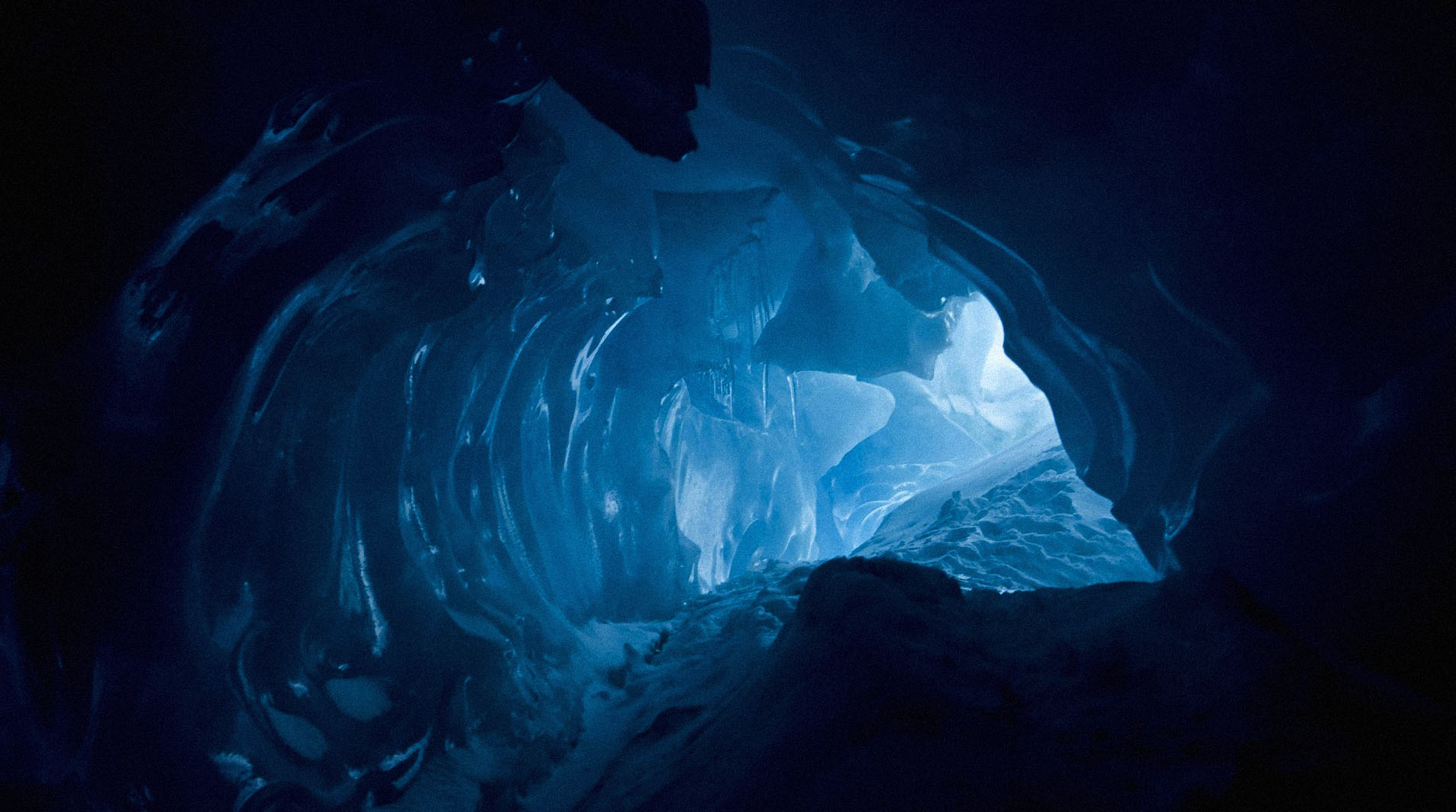Composer: Mary Finsterer Librettist: Tom Wright
At the frontiers of the imagination is a land of nothingness
A metaphysical place whereto go is to find emptiness
A land without a land
A mirror-land
Tom Wright
Mary Finsterer (more)
"After my first opera, Biographica, the idea of taking on another work about the Antarctic seemed, in a strange way, a logical choice. That hinged on story about one person and his quest for knowledge of the universe. I wanted to find a place on earth that had a similar immensity, a place that humans have long sought and endeavoured to understand – where science meets mythology.”
Tom Wright (more)
"The Piri Reis map was compiled early in the 16th century, showing Spain, the Mediterranean, the Red Sea, and Arabian Gulf, precisely what you would expect to see in an Ottoman map. But it also shows in some detail the coastline of what seems to be a large continent around the South Pole. However, according to historical records, there were no ships in Antarctica until 1820. Antarctica employs the Piri Reis map as a point of departure to explore poems of mapping, charts of imagination, and scores of journeying."
ABOUT
An intermeshing of the art of science and the science of art, Antarctica is an operatic musing on the most remote and harshest of environments, its multitude of forms and its global significance.
In a time when anthropogenic climate change is destabilising all centres (political, cultural, historic, scientific), Antarctica becomes a stage for a drama of the future. There are vested interests, beliefs, systems of thought all at odds to decide what to do about what is actually happening on this distant stage, a stage without human performers, a stage without sets, a stage without texts, a stage of wind and ice, of glaring reflectivity and competing song.
As the tabula rasa unfolds, what might be called a song cycle emerges. Each ‘song’ has a variety of tasks. Narratives are explored, pilgrimages negotiated. Each might also be a dissertation, an adaptation, a reimagining of different scientific systems. Some standing alone, some acting as refrains, as underscores, some melting and flowing into another, some ablating or compacting in counterargument to another.
We propose to lift text and music from our own historical depositions – from the cultural bedrock-ice interface, stories and music of the past preserved and ready to be released when thawed. But also the swirl of science as related to the cold continent – the vast amount of data and the multitude of ways it is presented. (more)
